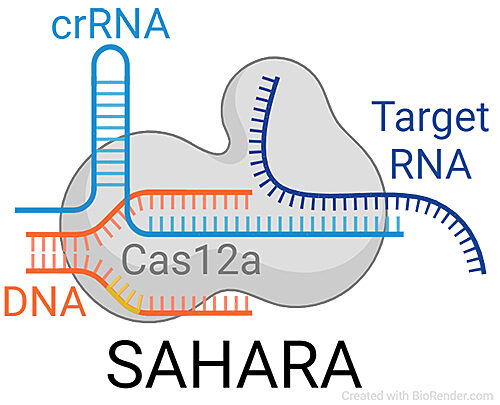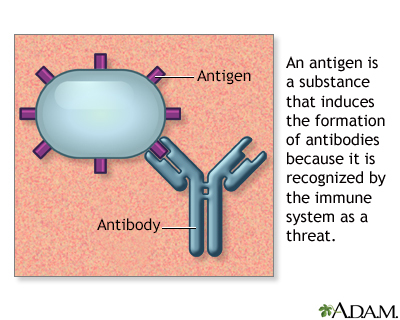UF researchers’ genetic detection discovery has implications for medical diagnostic testing
September 21, 2023
University of Florida researchers have found a new use for “genetic scissors” to detect RNA, a discovery that could lead to faster, more accurate and less…
Department of Molecular Genetics and Microbiology, +4 more


